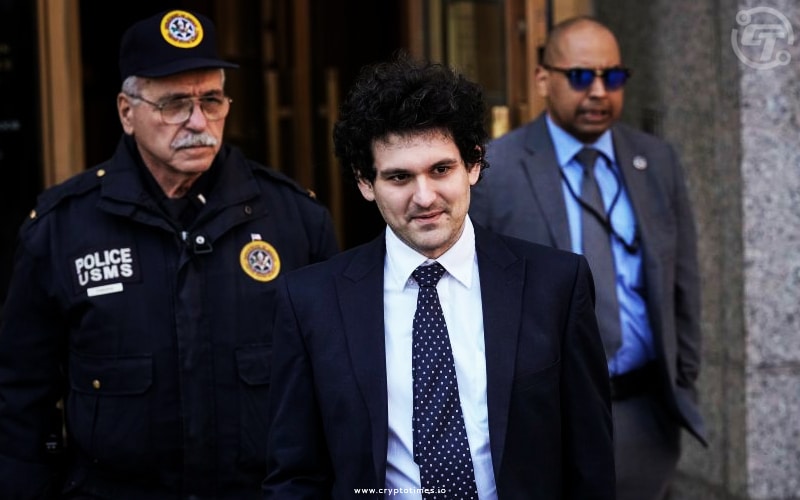Sam Bankman-Fried, the former CEO of FTX, requested an early release from prison, but a three-judge panel of the United States Court of Appeals for the Second Circuit denied his request.
Circuit Judges John M. Walker Jr., Denny Chin, and William Nardini rejected SBF’s request for early release in an order on September 21. His legal team claimed that the decision was largely based on First Amendment concerns.
Lewis Kaplan, the judge presiding over SBF’s criminal case, was found to have “correctly determined” that Bankman-Fried’s remarks amounted to witness tampering, according to the decision.
The order states that “the record shows that the district court thoroughly considered all of the relevant factors, including [Bankman-Fried’s] course of conduct over time that had required the district court to repeatedly tighten the conditions of release.”
It also shows that the district court thought about [SBF’s] less burdensome proposal, an order limiting his communications with the media, but logically concluded that this was not “a workable solution longer term,” as per the order.
The judge added, “The district court did not err in concluding that [SBF] had failed to rebut the presumption in favor of detention. We have reviewed [the defense team’s] additional arguments and find them unpersuasive.”
Bankman-Fried previously acknowledged disclosing former Alameda Research CEO Caroline Ellison’s personal journals to a New York Times reporter, which led to some of their contents being published. Prosecutors deemed this action witness intimidation.
Additionally, SBF’s attorneys argued for his early release from custody on the grounds that his inability to access the Internet regularly prevented him from putting together a strong case against him in court.
Also Read: FTX Bankruptcy Estate Sues SBF’s Parents To Recover Funds







